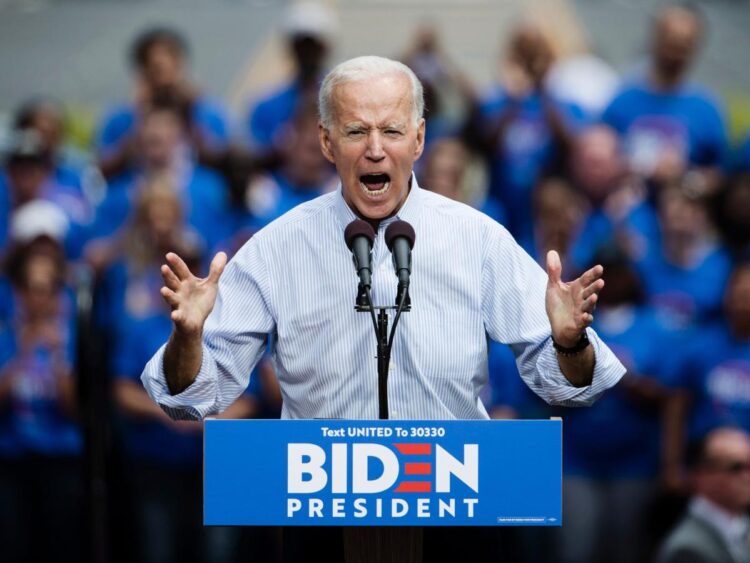
-
The Supreme Court just struck down the Biden Administration’s student loan forgiveness plan.
-
While a blow to Biden and his presidential legacy, he could still parlay the loss into another presidential victory.
-
The vast majority of Democrats support student loan forgiveness. He has other ways he could implement it.
On Friday, the US Supreme Court struck down President Joe Biden’s student loan forgiveness plan. While it’s a major blow to many Americans struggling under the weight of their student loans, it could positively affect Biden’s reelection chances.
In the majority opinion written by Chief Justice John Roberts, the court determined that relying on precedent from the Higher Education Relief Opportunities For Students (HEROES) Act of 2003, was not a lawful way for the Biden Administration to go about offering national student loan forgiveness.
The court, however, did not fully rule out any possibility of a forgiveness plan in the future.
Biden’s already said he’s against expanding the Supreme Court, so issuing student loan forgiveness via executive authority is likely out of the picture, but he could still get his wishes and implement a similar plan. It’ll just need to go through a more supportive Congress, one that he doesn’t have at the moment.
We knew this Congress wasn’t fond of the move, as seen by a recent GOP congressional push (alongside a handful of Democratic members of Congress) to overturn the plan before the Supreme Court even came to a decision.
Biden will need to take the offensive this election season and not only campaign for himself but also for Democratic candidates who need help crossing the finish line.
While on the campaign trail, Biden can (and likely will) do something most presidents have abstained from doing: speak out against the Supreme Court and its decisions. Biden’s broken this rule already and previously voiced his animosity toward the unelected court: when asked if the Supreme Court was a “rogue court” on Thursday following its ruling on affirmative action practices in colleges and universities, Biden simply replied, “This is not a normal court.”
Hours later, on television, he doubled down and said the Supreme Court’s “done more to unravel basic rights and basic decisions than any court in recent history.”
Running against not merely the eventual GOP nominee but also the conservative Supreme Court itself does come with some advantages, given decisions from SCOTUS on gay rights, abortion access, and now student debt that are out of sync with the median American voter.
This is supported by an NBC News poll from 2022, which found that 46% of registered voters said they were more likely to support a candidate who supported some student loan forgiveness compared to 33% who felt the opposite.
While on the campaign trail, Biden can also genuinely say his administration attempted to follow through on one of its central campaign promises, and point to a historically unpopular and uncooperative Supreme Court and Congress as the reason for its inability to come to fruition.
While he’d certainly get some flack from some for continuing on the path of student loan forgiveness following his Supreme Court loss, a YouGov/Economist poll did find that a narrow majority of US adults either “strongly” or “somewhat” supported canceling up to $10,000 in student loans, including 82% of Democrats.
Unless Biden goes an alternate route, like trying to use the Higher Education Act to go about canceling student debt, then student loan forgiveness likely won’t occur during his first — and possibly only — term in office.
The ball’s in Biden’s court now. If he plays his cards right, he could rally some key constituencies for his re-election, and find loan forgiveness success with a different Congress.
Read the original article on Business Insider
[ad_2]
Source link







